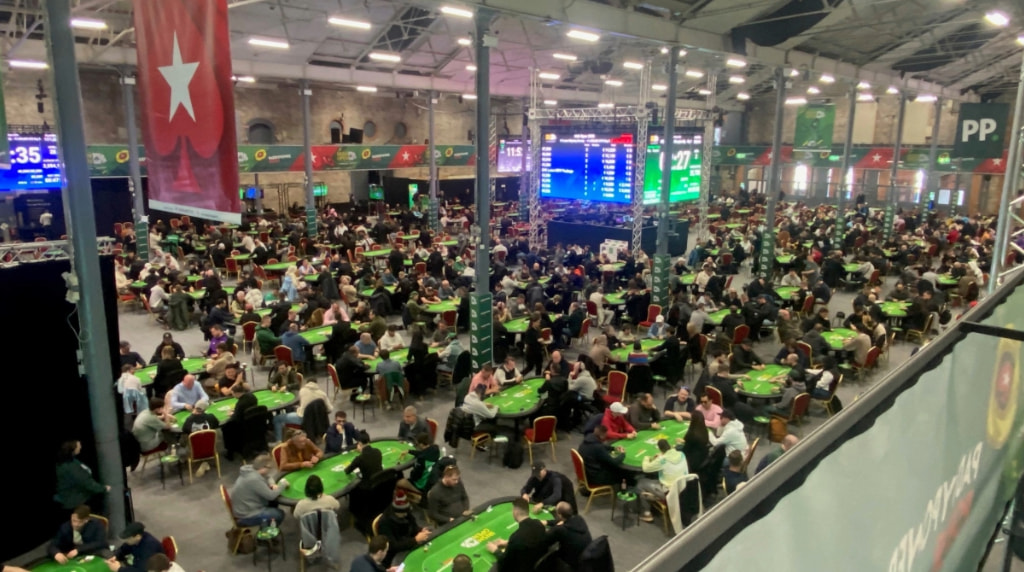Western Australia’s Restriction of Poker Machines
The state of Western Australia is the only state in Australia that has taken a tough stance against poker machines, banning them everywhere except casinos, and new data suggests the state has the lowest losses from gambling per capita as a result. The infamous Pokies are banned everywhere, and unlike the states of New South Wales and Victoria where playing poker machines is something that can be enjoyed in clubs, bars, and restaurants – Western Australia has decided to take the tough stance and drastically restrict access to the automated gambling machines.

The question of whether to ban poker machines has once again become a contentious issue. Political figures in Australia are currently weighing the unique social-economic impact of the “pokies” and trying to determine a legislative approach to their future usage. ©djedj/Pixabay
The big breakthrough in the data is that the Western Australian gambling figures suggest that the residual reduction in expenditure of gambling by the population is not re-directed to other forms. Essentially, removing one popular type of gambling has not precipitated an increase in other forms – as some critics of the ban on poker machines had previously suggested would be the case. With gambling losses across the state trending far lower than the national average, lawmakers are starting to derive the net harm being caused by Pokies nationwide.
Obviously, there is staunch resistance to ending the availability of Pokies in the other states of Australia, as many venues have become increasingly reliant on the revenue these machines generate for the business. To give some context to the scale of the availability of poker machines, in Western Australia there are just 2,400 machines in total throughout the casinos within the state. Compared to the 91,000 machines situated in New South Wales, the difference becomes stark.
So, what affect does this have on the average gambling expenditure by residents living in the two states. Unsurprisingly, the two quantities are closely correlated. In Western Australia, the average gambling per capita expenditure is $655, that’s compared to $1,600 for New South Wales, the highest of the 7 states in Australia. Interestingly, looking deeper at the data, it can be deemed that more than 60% of the average gambling per capita in New South Wales is going towards gaming machines, with casinos, wagering, lotteries and keno making up less than 40% collectively.
Poker Machines in the Spotlight
The criticism of poker machines is completely justified when one looks at this data and puts it in the context of the product and service being offered. These machines run extremely high commissions against their users, essentially making this type of gambling the least profitable for a gambler. At the same time, the machines are designed to be as addictive as possible. This combination of factors has made poker machines into the perfect money trap.
Amongst the types of customers who would consider themselves as having a compulsion to gamble that wouldn’t be categorized as healthy – this group would point towards poker machines as having the most exacerbating effect on their ability to quit gambling. Whilst the data and the anecdotal evidence is clear, these poker machines have managed to become part of the social fabric in New South Wales. They are a hallmark of the bar and club scene, and the owners of these establishments as well as the companies that build the hardware are reluctant to see the industry turn its back on their usage.
In recent years there has been growing pressure for stricter regulations on poker machines in Australia. This includes calls for measures such as mandatory precommitment, which would require players to set a spending limit before playing, and reducing the maximum bet limit. There are also calls for a reduction in the number of machines in the country, particularly in areas with high levels of disadvantage. These measures aim to reduce the harm caused by problem gambling and to protect vulnerable individuals and communities.
Additionally, the government is also considering to stop the promotion of gambling, such as the ban of gambling ads during sports events, and putting limits on the amount that can be withdrawn from ATMs in gambling venues. Overall, the issue of poker machines in Australia is complex and multifaceted, and there is ongoing debate and discussion about the best ways to balance the economic benefits of the industry with the need to protect individuals and communities from the negative impacts of problem gambling.



